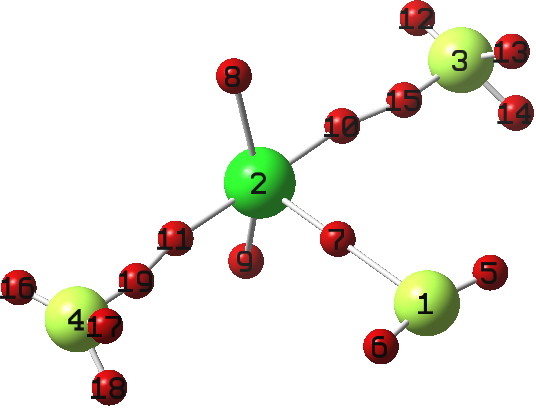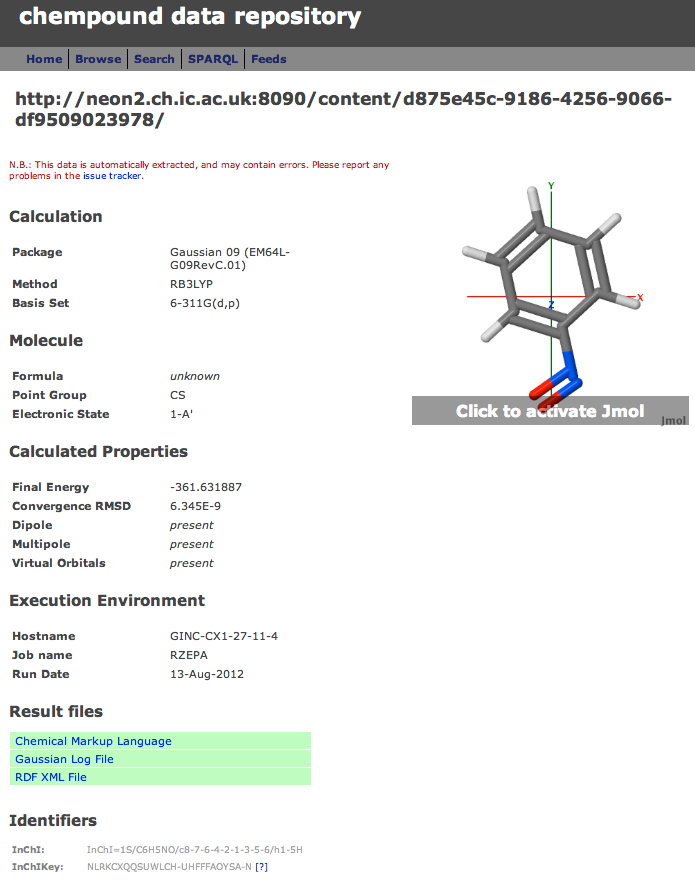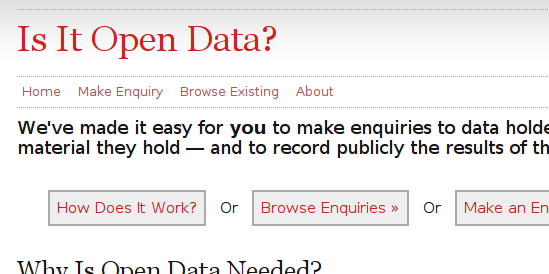
The Amsterdam manifesto espouses the principles of citable open data.

The Amsterdam manifesto espouses the principles of citable open data.
The blog post by Rich Apodaca entitled “ The Horrifying Future of Scientific Communication ” is very thought provoking and well worth reading. He takes us through disruptive innovation, and how it might impact upon how scientists communicate their knowledge. One solution floated for us to ponder is that “ supporting Information, combined with data mining tools, could eliminate most of the need for manuscripts in the first place “.

With metrics in science publishing controversial to say the least, I pondered whether to write about the impact / influence a science-based blog might have (never mind whether it constitutes any measure of esteem ). These are all terms that feature large when an (academic) organisation undertakes a survey of its researchers’ effectiveness. ‡ WordPress (the organisation that provides the software used for

A third digital repository has been added to the two I described before. Chempound is a free open-source repository which (unlike DSpace and Figshare) was developed specifically for chemistry. It carries more semantic information (in the form of an RDF triple declaration), which allows SPARQL queries on the entry to be performed.
In this previous blog post I wrote about one way in which we have enhanced the journal article. Associated with that enhancement, and also sprinkled liberally throughout this blog, are links to a Digital Repository (if you want to read all about it, see DOI: 10.1021/ci7004737). It is a fairly specific repository for chemistry, with about 5000 entries.

The announcement of the Panton Principles is the big news today, though Peter already spoke about them in May last year (see coverage on FriendFeed and Twitter). The four principles list in their short versions: When publishing data make an explicit and robust statement of your wishes. Use a recognized waiver or license that is appropriate for data.